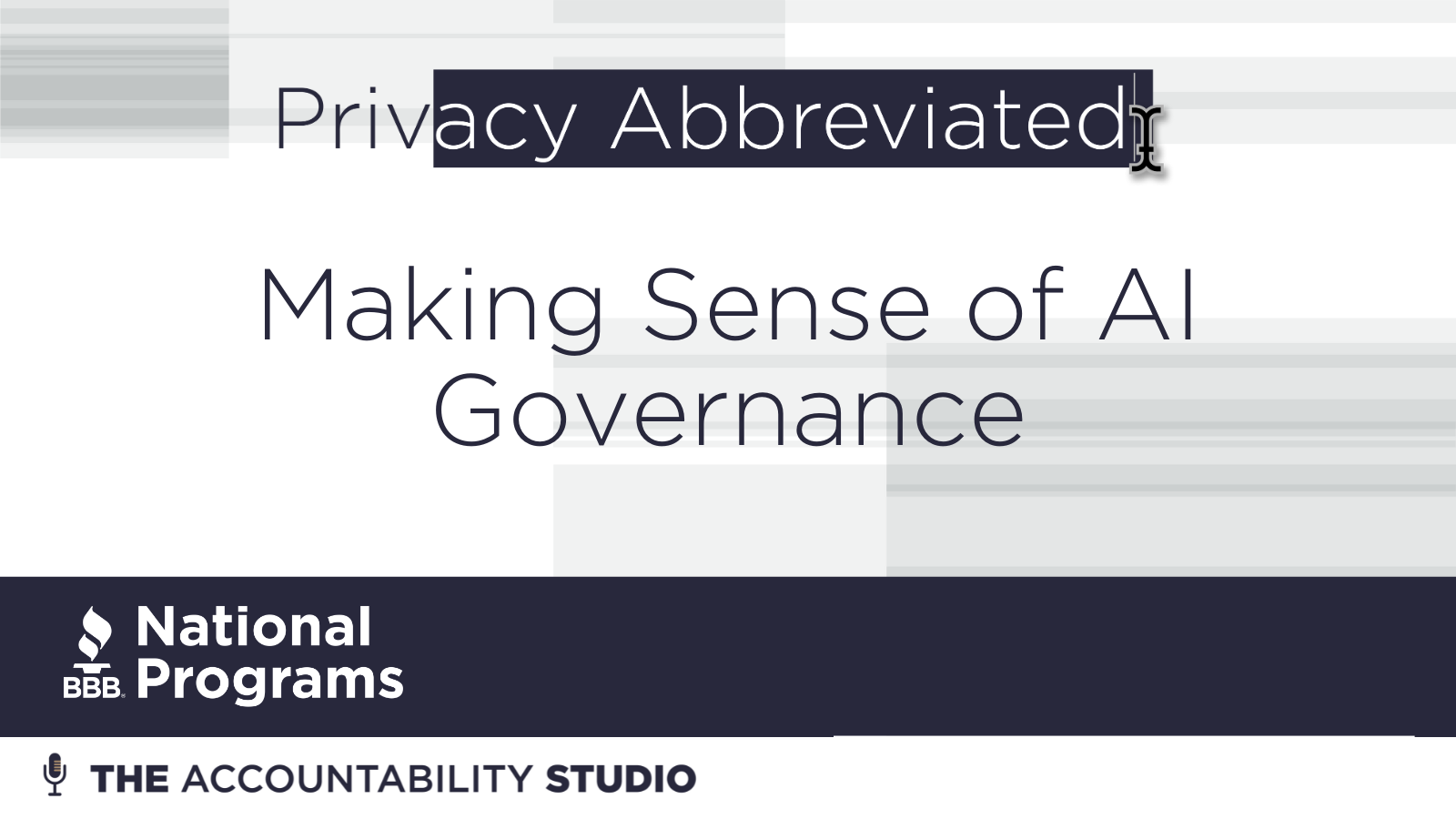Podcast: Play in new window | Download (Duration: 31:03 — 42.7MB) | Embed
The digital frontier is reshaping the way we resolve disputes. Join Juan Herrera, the head of the nation’s largest and longest-running vehicle warranty and lemon law dispute resolution program, BBB AUTO LINE, and Colin Rule, CEO of Mediate.com, as they explore how cutting-edge technologies are transforming online dispute resolution (ODR) across industries.
Whether you’re a legal professional, a mediator, or simply curious about the future of conflict resolution, this podcast will equip you with insights on the tech journey ODR has been on, and where ODR is headed.
Chapters:
00:00 – Intro & Guest Background: Juan Herrera welcomes Colin Rule, pioneer in online dispute resolution.
01:24 – What is ODR?: How technology transformed dispute resolution.
02:50 – Scaling Disputes at eBay: Building systems to handle millions of cases.
06:28 – Adapting for Complex Cases: Tailoring processes for high-value disputes.
09:56 – Pandemic Shift to Online Mediation: How COVID-19 changed the field.
14:24 – AI in Dispute Resolution: Current uses and future potential.
22:19 – Smart Contracts & Trust Tech: Blockchain’s role in resolving disputes.
26:16 – Ethics & Fairness in AI: Setting guardrails for trustworthy systems.
30:19 – Closing Thoughts: Colin’s vision for the future.

